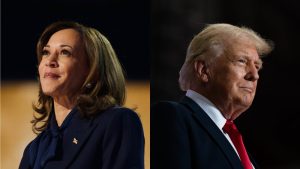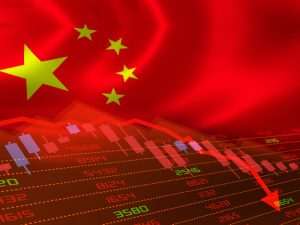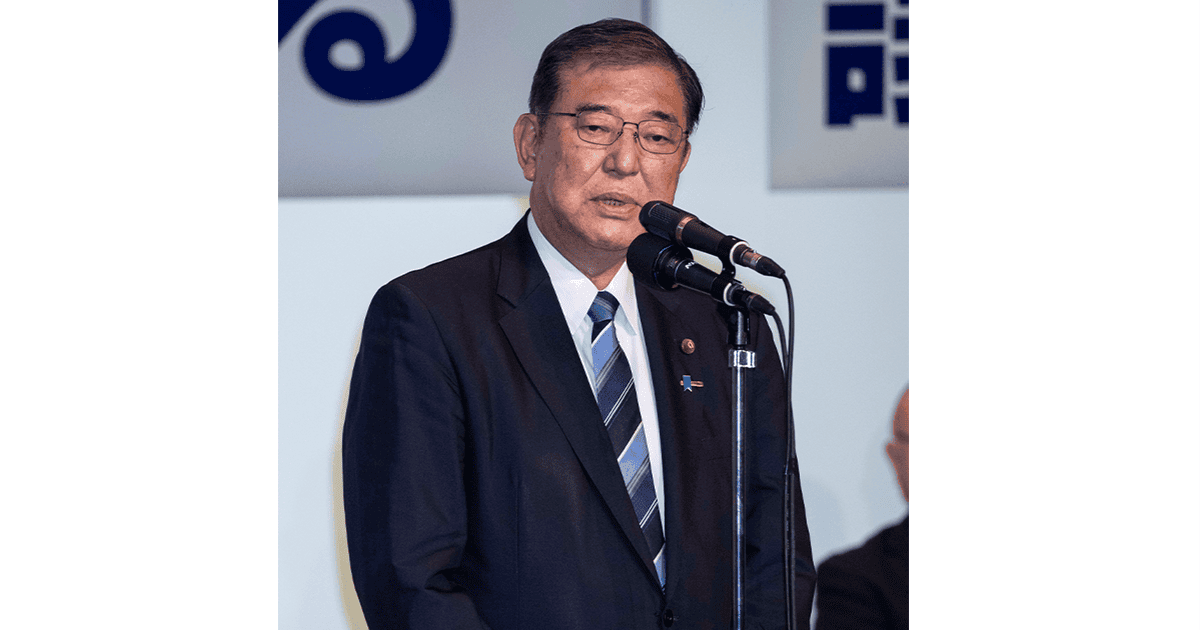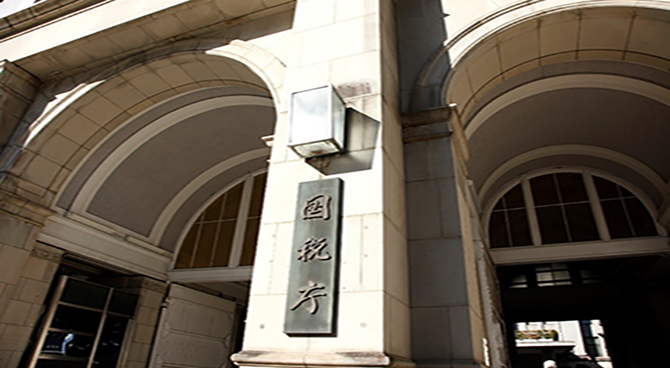※Translated with Notion AI. (Plus version)
What is the true value of Shigeru Ishiba, the leader bringing a fresh wind to Japanese politics?
Shigeru Ishiba, who will become the 102nd Prime Minister, has thoughts and actions that differ from previous prime ministers, holding the potential to indicate a new direction.
How will Mr. Ishiba influence Japanese politics?
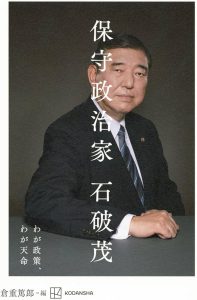
While his book “Conservative Politician: My Policies, My Destiny” can provide a glimpse into his policy direction, if you want to delve deeper into his beliefs, it’s worth reading the contributed article (paid) by Masaru Sato in the Asahi Newspaper.
Both Mr. Sato and Mr. Ishiba are Protestant believers, and Mr. Sato’s insight is said to penetrate to the core of Mr. Ishiba.
Even experts I trust evaluate that there is currently nothing surpassing Mr. Sato’s analysis.
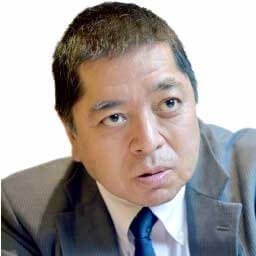
Roots of a Christian Prime Minister: The Intersection of Faith and Politics After 15 Years
It is now widely known that Shigeru Ishiba is a Protestant believer.
The roots of his faith can be traced back to his great-grandfather, Michinori Kanamori, who became a pastor under the influence of Jō Niijima, the founder of Doshisha University.
This marks the first time in 15 years that a Christian prime minister has emerged in Japan since Taro Aso, who was a Catholic believer.
Despite belonging to different denominations, both have a unique presence in Japanese politics.
Christians make up only about 1% of Japan’s population, making Christian prime ministers a rare occurrence.
Among past prime ministers, two stand out:
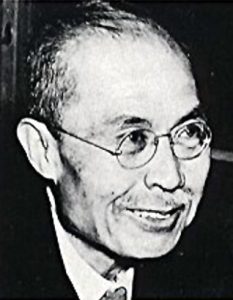
- Kijūrō Shidehara (44th Prime Minister) Served as prime minister from 1945 to 1946, leading Japan’s post-war foreign policy.

- Taro Aso (92nd Prime Minister) During his tenure from 2008 to 2009, he attracted global attention as a Catholic believer.
While there are voices calling for the separation of religion and politics, it’s unavoidable that religious background influences one’s thoughts.
However, the argument that being a Christian makes one unsuitable for prime minister is misguided.
In fact, although Christian prime ministers are few, their presence holds special significance in Japanese politics.
The Warning of a Pandemic’s Return and the Trials of the Ishiba Administration
Last weekend, Dr. Shigeru Omi, the former chairman of the government subcommittee, warned that “there is a possibility of another pandemic.”
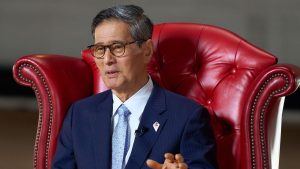
While he attributes Japan’s lower COVID-19 death rate compared to Western countries to “the high civic consciousness of the Japanese people,” he points out that there is room for improvement in the medical system.
In particular, the lack of support for private hospitals and the fewer number of doctors compared to Western countries have been highlighted as issues.
In other words, “lack of preparation.”
To realize the “crisis-resistant economy” that Mr. Ishiba advocates, how the Ishiba administration prepares for “anticipated crises” and “black swans” will be its test.
We need to enhance our political literacy and closely watch how he, who has long sought the position of prime minister, will fulfill this responsibility.
Financial Markets and Future Outlook
The market has already reacted sensitively to the Ishiba administration’s policies, showing trends of a stronger yen and weaker stock prices.
With the prospect of a dissolution and general election in mind, it is expected that the market will fluctuate significantly by the end of the year.
To make investment decisions without regret, it is important to keep a close eye on the U.S. presidential election, the Federal Reserve’s movements, and the state of the Chinese economy.
